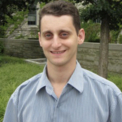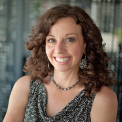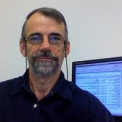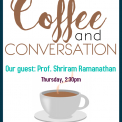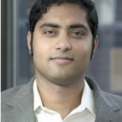Because of their direct bandgaps and atomic-scale thickness, monolayer transition metal dichalcogenides have emerged as appealing materials for both classical and quantum optoelectronics. These 2D semiconducting materials, such as MoS2 and its related compounds, can support diverse non-trivial optical phenomena such as valley-selective exciton-polaritons and quantum emission from localized excitonic defects. Harnessing these interesting features for applications requires controlled tuning and manipulation to tailor the optical phenomena. Here, I will discuss examples of manipulating the optical and electronic environment of transition metal dichalcogenides that take advantage of the unique properties of these layered materials. Direct control over light-matter coupling is demonstrated through microcavity engineering in photonic devices. Quantum light sources are integrated into 2D optoelectronics for electrically pumped emission. I also show how coating with highly-customizable organic molecules leverages the exposed 2D surface of these materials for control of optical phenomena. The ability to influence optical response and defect emission using configurable organic molecules highlights the potential for optoelectronic engineering in low-dimensional heterostructures.
Events Calendar View
-
Applied Physics Seminar
Nov 22, 2019
Engineering Excitons, Polaritons, and Defects for 2D Semiconductor Optoelectronics
-
Coffee Hour
Jan 9, 2020
Departmental Coffee Hour
Welcome back and happy new year to you all!
We have our first departmental coffee hour of this semester, today, Thursday, at 2:30. Please join us for a friendly discussion with our colloquium speaker, Prof. Sharon Glotzer.
Thanks to Prof. Landau for sponsoring this coffee hour.
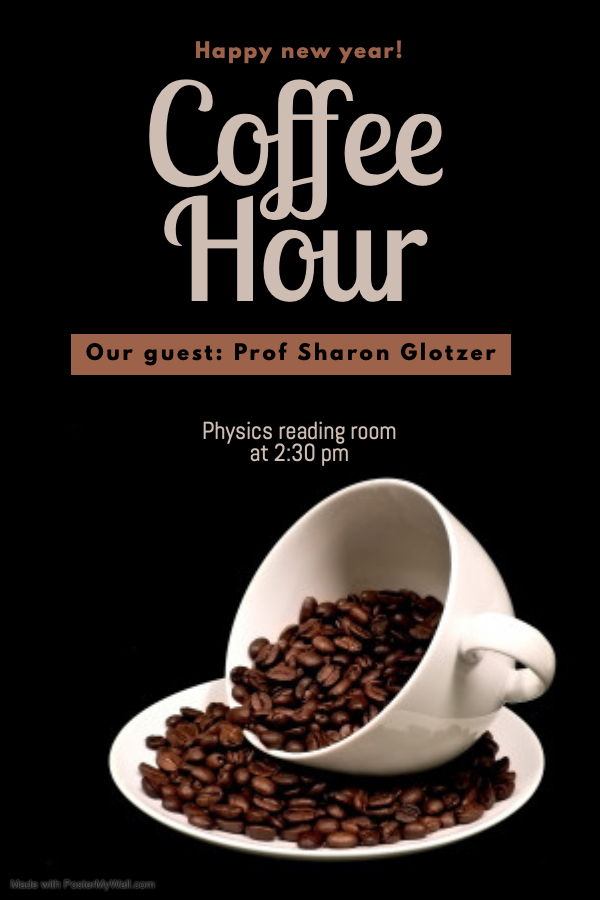
-
Special Colloquium
Jan 9, 2020
Engineering Colloidal Matter Through Computation
The ability to predict, design and make the perfect material with just the right properties to do what we want, how we want, and when we want is the holy grail of materials research. Such “materials on demand” require control over thermodynamics, kinetics, nonequilibrium behavior, and structure across many length and time scales. With continuing advances in computer simulation capabilities, we have never been closer to the goal, but many challenges – and opportunities – remain. Many of those are at the boundaries of the subfields of materials research, where ideas from one area spur advances in others, and where computational tools and concepts are transferable across domains and scales. At the same time, foundational understanding at one scale can help understand new discoveries at different scales, regardless of the nature of the material and the forces holding it together. In this lecture, we show how atomic and molecular crystal structures – made possible by chemical bonds – can be realized in silico for non-interacting nanoparticles and colloids via entropic bonds. We show that similar crystallization pathways are followed by both molecular and colloidal fluids regardless of driving forces or relevant length scales. Finally, we show how colloidal crystal prediction may be amenable to modern tools used for atomic crystal prediction.
-
CSP Lunch Seminar
Jan 14, 2020
Some Magnetic Properties of Fep-Alq Alloys in the Disordered Phase
-
Coffee Hour
Jan 16, 2020
Departmental Coffee Hour
Please join us for a cup of coffee and cheesecake + pineapple.
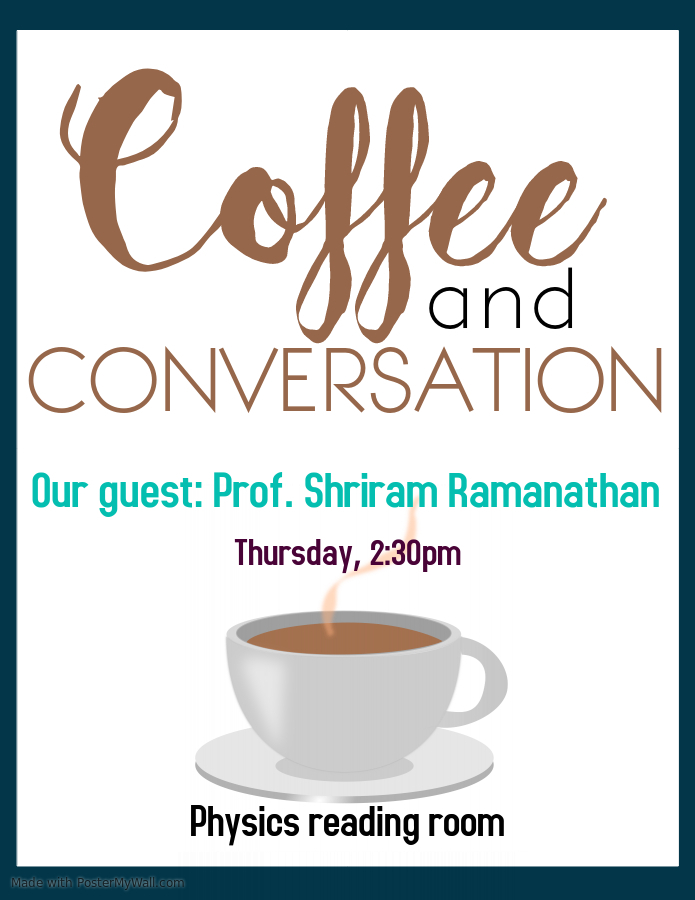
-
Departmental Colloquium
Jan 16, 2020
Strongly Correlated Oxides for Artificial Intelligence
AI machines and neuromorphic computers are rapidly growing research directions in the physical sciences disciplines. Correlated electron systems could potentially serve as building blocks for AI hardware due to their highly tunable electronic band structures and rapid environmental response. Using high- pressure synthesized perovskite nickelates as a model system, we will first discuss insulator-metal transitions that are controlled by hydrogen doping. From understanding the binding of the charge carriers to the lattice, we will describe experiments in nickelates that demonstrate neuromorphic learning. We will conclude with some examples of how basic research on the electronic structure of correlated oxides naturally pave the way for their use in artificial neural networks and reconfigurable photonic devices.
Page 100 of 121, showing 6 records out of 723 total, starting on record 595, ending on 600


